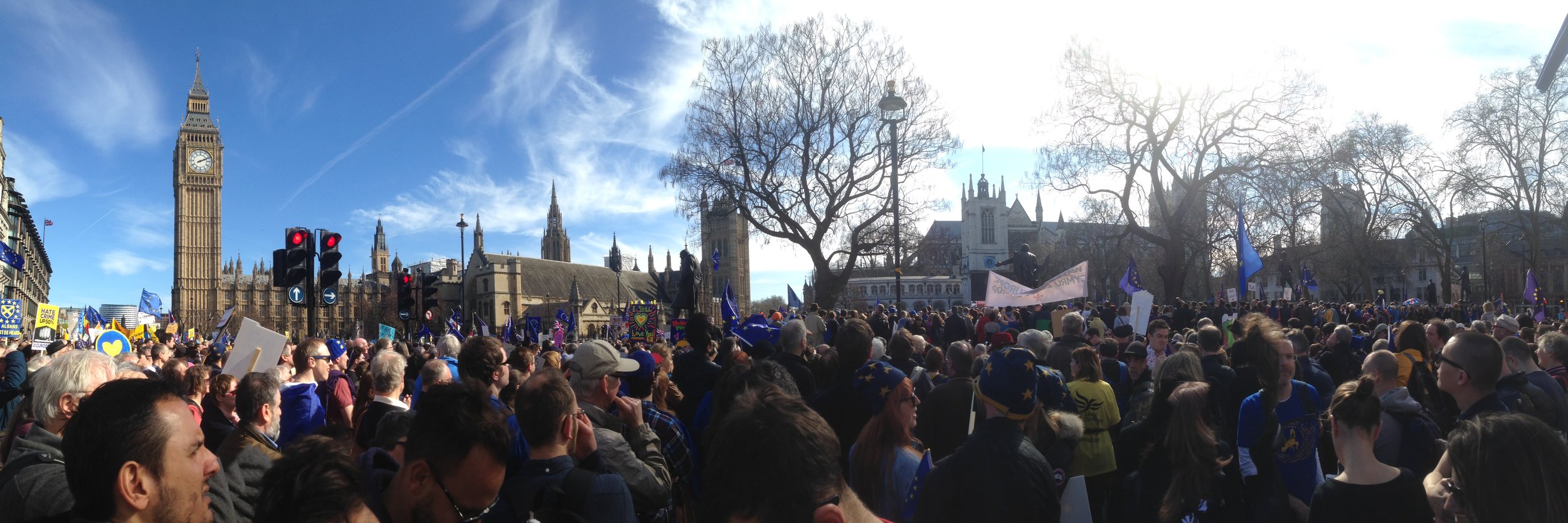What do people mean when they say they’re “culturally Christian”?
Predictably we’re having another culture war, this time over the census. Specifically, over the fact that now less than 50% of the country identify as Christian. This is most likely the census catching up with reality. Church attendance has been falling for years and parish churches are closing at record rates. Now the census is reflecting that, as people who don’t attend church stop ticking the Christian box.
People declaring that they are Christian on the census despite not attending church or fasting during lent has several causes. One is that faith is a private matter, and many people might say that they have accepted Jesus Christ in their heart and feel no need to attend church. Fair enough. Although the point of a religion is the rules that govern life, such as keeping the Sabbath day holy, and ticking the Christian box on the census implies acceptance of the whole Christian package, not just the personal Jesus accepting bit.
It’s also likely to have been caused by a lot of people considering Christianity to be their cultural identity. This might involve attending carol services at Christmas, making December more meaningful than it only being the shopping and overeating month. It also involves people feeling a cultural connection to their parents and grandparents, who were more ostentatiously religious, or at least put more stock in sticking to the rules of Christianity even if it did mean losing your Sunday lie in.
“Culturally Christian”
Whatever the reason for the disconnect between church attendance and census data, the latest figures now reflect what everyone already knew was going on. That is apart from conservative loud mouths.
This change in the numbers has led right-wing political provocateur Tom Harwood to say that there should be an option on the census for “culturally Christian” which I guess is for people who like carols and Easter chocolates, but don’t believe in God or attend church.
The way that many people experience Christmas and Easter - including Christians, atheists and people of other faiths - has more to do with capitalism than religion. It’s more about shopping and time off work than a religious festival.
Still a Christian country
To what end would it be worth recording people who are “culturally Christian”? It appears to be a way to indicate that people aren’t either Muslims or liberal secular atheists, which is why it appeals to right-wing agitators.
What they want is a way to claim this is still a Christian country and not a secular multi-faith society, even though most people aren’t Christian or churchgoers. They’re trying to loop everyone who likes chocolate and days off work into a specific identity to make it look like the majority.
That is moving the goalposts to benefit the people who want to hold onto a 1950s vision of Britain as a Christian country and label all the changes that came after as unnatural and against our character.
The cloak of culture
Trying to create a cultural identity, let’s call it Culturally Christian, as a rallying point for political beliefs makes sense. Identity is bound up with politics in a way that goes beyond what’s labelled as “identity politics” such as Black Lives Matter or LGBTQ+ activism.
Everything from where you live to what you eat or what entertainment you enjoy is bound up in political beliefs. Witness the difference between the Workington estate pub, covered in flags and proudly advertising Sky Sports, to the East London craft beer co-op that only serves beer from independent breweries. Neither are overtly political, the way Liberal or Conservative Clubs are, but if you survey the politics of each’s customers the stark political divide in this country would emerge from behind the cloak of culture.
Culture makes politics more than abstract thought. It makes it tangible through the rituals of everyday life. What people like Harwood want is a way to claim that the rituals and values of small villages in Oxfordshire are that of a significant part of the country, to make a political argument about how this country should be run. Even though this is clearly not the values that most British people have. The future is urban, multicultural, young, and not Culturally Christian.
The will of the masses
That is the root of this argument over the census and what people put down as their religion. It is an attempt to argue that there are many millions of conservatives in the country because most people like presents at Christmas and chocolate at Easter, whatever their religion.
It is also an attempt to assert that Britain is still a Christian country, despite fewer and fewer people attending Church or identifying as Christian. A few conservative Christians want to claim that their agenda against multiculturalism, diversity and tolerance is the will of the masses.
Well, it isn’t. Most British people are happy that this is a diverse country with people practising many religions and many people without a faith. Yeah, there are a lot of people with strong views on immigration, but that’s not the same as being a conservative Christian of the flavour who reads the Spectator, joins the Tory Party and wants to hold onto a fading vision of 1950s Britain. The culture and values of conservative people in rural Oxfordshire are not the values of most people in modern Britain and I don’t need census data to know that.




